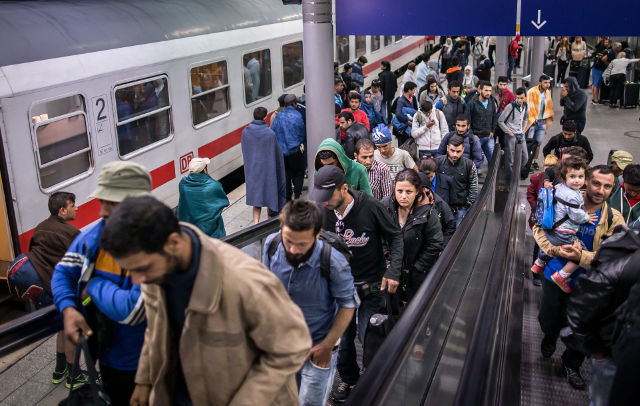‘If the situation does not change there could indeed be justifications under public order and security reasons to maintain internal controls at internal Schengen borders’
BRUSSELS, Belgium (Jan. 27, 2016) — The EU on Tuesday, January 26, mulled allowing states in the passport-free Schengen zone to reintroduce border checks for up to two years to cope with the Continue reading EU mulls partial Schengen suspension over migrant crisis

